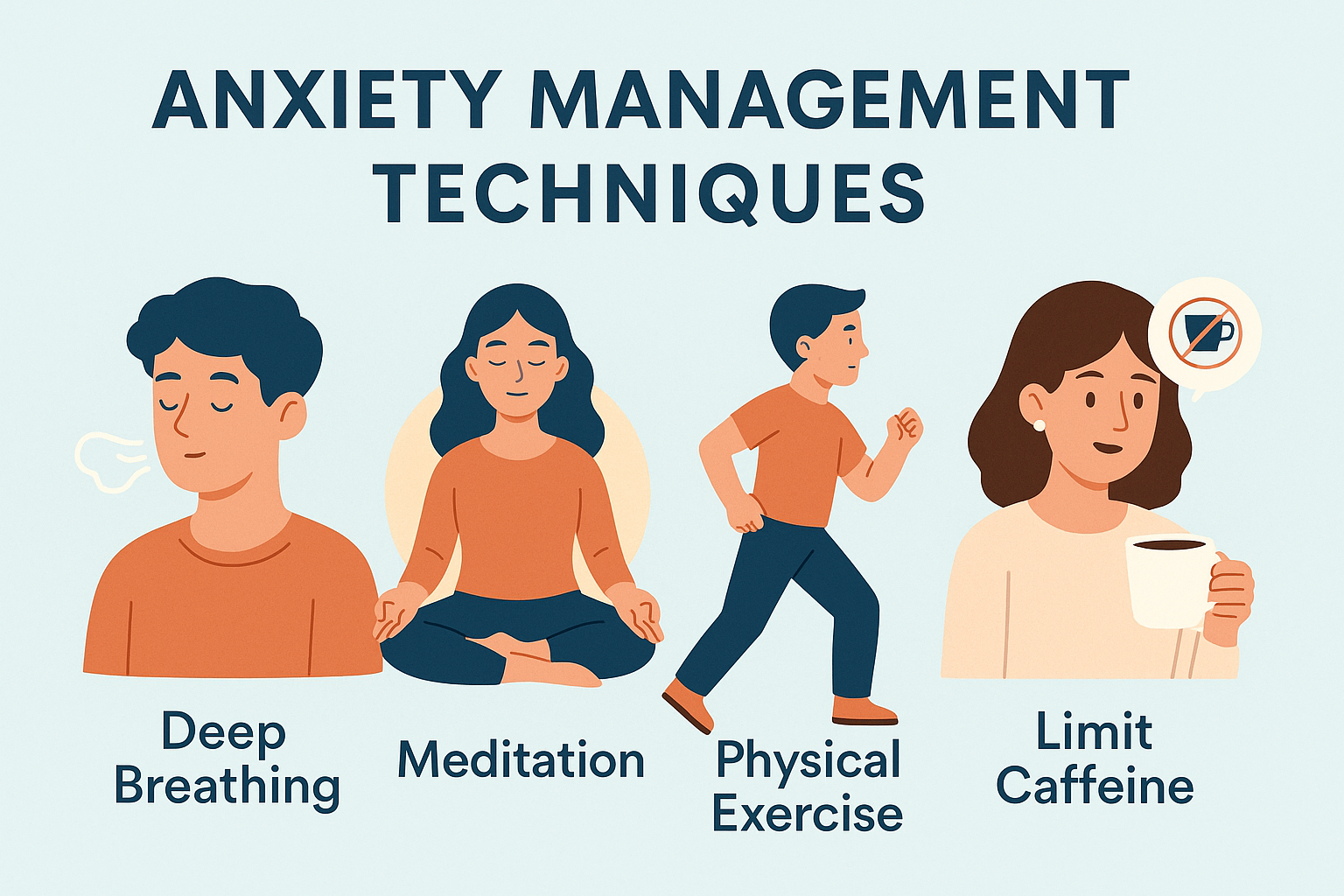
What are the Benefits of Behavioral Therapy in Managing Mental Health?
Do you feel like your emotional or psychological challenges are too much to bear? If so, you’re not alone.
According to the National Institute of Mental Health, 57.8 million American adults deal with a mental health issue within any given year.
Thankfully, behavioral therapy offers hope by providing effective techniques and strategies to manage these issues.
Whether you're seeking relief from depression or looking for tools to navigate life's obstacles, this blog post will explore the incredible benefits of behavioral therapy in transforming your mental well-being.
What is Behavioral Therapy?
Behavioral therapy is a form of psychotherapy that focuses on changing undesirable behaviors through techniques rooted in learning theory and conditioning.
It is based on the idea that behavior is learned; so, it can be unlearned or modified. The primary goal is to identify specific behaviors that cause problems and replace them with healthier, more adaptive lifestyle choices.
Behavioral therapy is often used to treat a variety of mental health issues, including anxiety disorders, phobias, depression, obsessive-compulsive disorder (OCD), attention-deficit/hyperactivity disorder (ADHD), and substance use disorders.
What are the Benefits of Behavioral Therapy?
Behavioral therapy offers several benefits for individuals struggling with various mental health issues and behavioral challenges. Some key benefits include:
1. Focused Approach: Behavioral therapy focuses on specific behaviors and goals. It helps individuals identify problematic target behaviors and develop strategies to address them effectively.
2. Empowerment: Through behavioral therapy, you learn skills and techniques to manage your behaviors and emotions.
This sense of empowerment can lead to increased self-confidence and greater control over your life.
3. Evidence-Based: Behavioral therapy techniques are based on well-established principles of learning theory and have a strong empirical basis.
4. Practical Strategies: Another benefit of behavioral therapy is that it provides practical, concrete strategies to implement daily.
These strategies often include skills training, behavior modification techniques, and homework assignments to reinforce learning and promote behavioral changes.
5. Collaborative Approach: Therapists work closely with clients to set goals, track progress, and adjust as needed, fostering a sense of partnership and mutual respect.
6. Applicability Across Settings: Behavioral therapy techniques can be applied across various settings, including individual therapy, group therapy, family therapy, and even educational or workplace settings.
They can be tailored to meet the specific needs of different populations and contexts.
7. Short-Term and Long-Term Benefits: While some issues may require longer-term treatment, many individuals experience significant improvements in their symptoms relatively quickly with behavioral therapy.
Moreover, the skills learned in therapy can often be applied long after treatment has ended, providing lasting benefits.
8. Holistic Approach: While behavioral therapy primarily focuses on changing behaviors, it also addresses thoughts, emotions, and environmental factors that contribute to behavioral problems.
This holistic approach can lead to comprehensive and sustainable improvements in overall well-being.
Types of Behavioral Therapy Techniques
There are several types of behavioral therapy, each with its unique techniques and approaches.
Here are some of the most well-known behavioral therapy techniques:
1. Cognitive-Behavioral Therapy (CBT): CBT is a widely practiced therapy that combines cognitive and behavioral techniques. An advantage of Cognitive Behavioral Therapy is that it focuses on identifying and challenging negative thought patterns and beliefs while addressing associated behaviors.
CBT is used to treat a variety of mental health conditions, including anxiety disorders, depression, and phobias.
2. Dialectical Behavior Therapy (DBT): DBT is a form of cognitive-behavioral therapy that specifically targets individuals with intense emotional regulation difficulties, often associated with borderline personality disorder.
DBT incorporates mindfulness, interpersonal effectiveness, emotion regulation, and distress tolerance skills.
3. Exposure Therapy: This behavioral therapy technique is commonly used to treat anxiety disorders, particularly phobias and post-traumatic stress disorder (PTSD).
Exposure therapy involves gradual and systematic exposure to feared stimuli or situations, helping individuals overcome their anxieties.
4. Acceptance and Commitment Therapy (ACT): This type of psychotherapy is designed to help you accept what is beyond your control while committing to actions that enrich your life.
ACT has been applied to various mental health concerns, including anxiety, depression, stress, chronic pain, substance abuse, and more.
Experience Mental Health Improvement through Behavioral Therapy in Dallas, TX
When left untreated, mental health conditions can worsen over time and interfere with daily functioning. It is crucial to address these challenges early on and seek professional assistance.
At Beckloff Behavioral Health Center, our therapists and counselors are trained to understand the complexities of various disorders.
We can effectively use the abovementioned behavior therapy techniques and offer a safe space in person and via virtual sessions to express your feelings, learn coping mechanisms, develop healthy habits, and enhance self-awareness.
Schedule your appointment with our therapists and counselors today.



